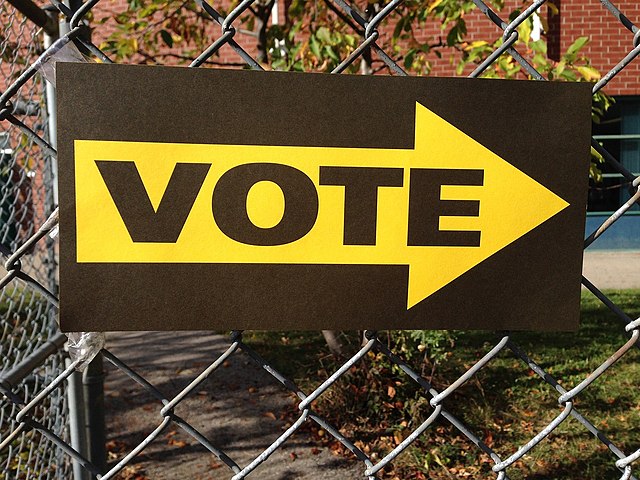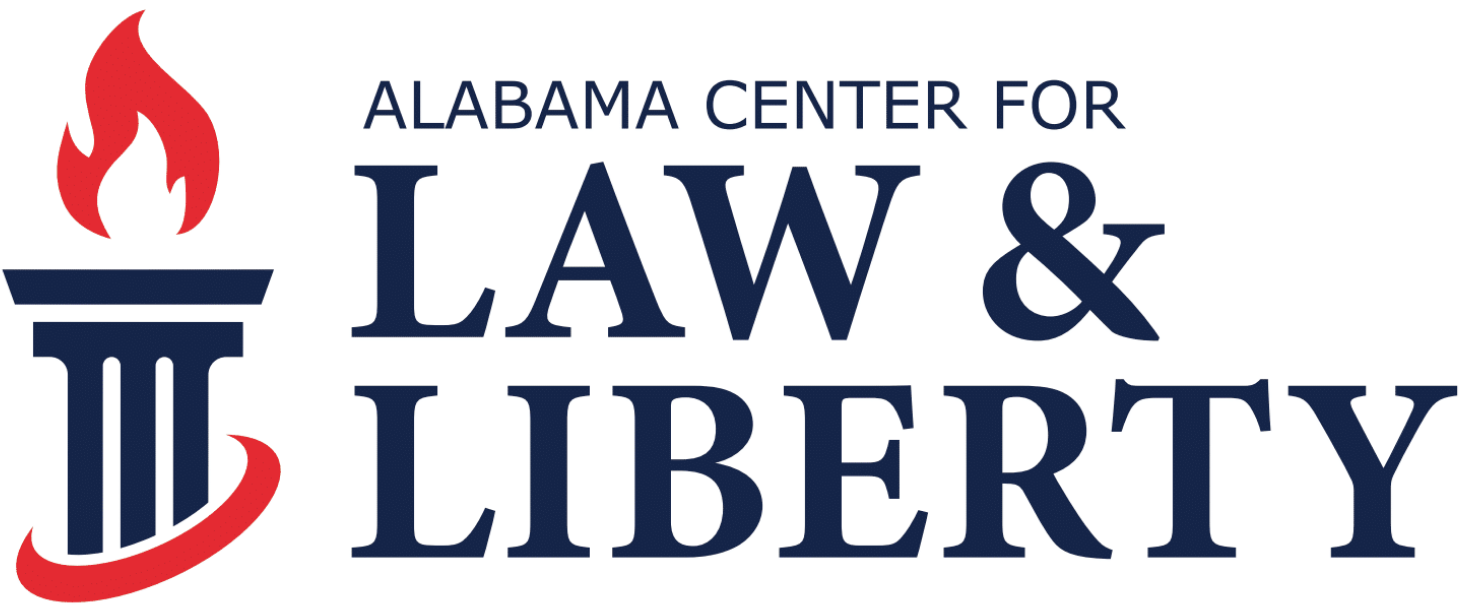League of Women Voters of Florida
v.
Florida Secretary of State
ACLL Role:
Case Start Date:
Deciding Court:
Original Court:
Practice Area(s):
Amicus
May 7, 2021
United States Court of Appeals for the Eleventh Circuit
U.S. District Court for the Northern District of Florida
Limited Government
CASE SNAPSHOT
In the wake of the challenges that COVID-19 presented for the 2020 elections, the State of Florida passed common-sense voting reforms (such as requiring people to come into a voting precinct instead of using a drop box during regular voting hours). Florida was sued immediately, and four parts of the new voter law were enjoined by a district judge who held that the law discriminates against African-Americans. Florida appealed to the Eleventh Circuit. Because whatever decision the Eleventh Circuit made would impact similar Alabama laws, ACLL (teaming up with the American Constitutional Rights Union) filed a brief supporting Florida and arguing that the district court ignored the most relevant Supreme Court precedent addressing the issue, which would require the case to come out the other way.
STATUS
ACLL filed a friend-of-the-court brief at the Eleventh Circuit on July 12, 2022.
FOR THE MEDIA

CASE SUMMARY
The Florida Law and the Underlying Lawsuit
From 1787 until now, the Constitution has given the States the authority to regulate the times, places, and manner of elections. Some basic level of order is necessary to ensure that elections are not stolen or that similar mischief undermines one of the most important rights that Americans possess: the right to govern themselves. Of course, these regulations may not be used to discriminate against African Americans or other citizens. The trick then lies in ensuring that the rules promote order for all and are not a subterfuge for discrimination. Fortunately, we have made tremendous progress in cleaning up the mess of Jim Crow. As the Supreme Court recognized not long ago, the South has changed.
After the chaos from the 2020 elections, Florida passed a law that sought to ensure that elections were truly secure. Four of those reforms included (1) requiring people to vote in a precinct when it was open instead of using a drop box and making sure the drop boxes were continually monitored; (2) requiring third-party voter registration organizations to deliver voter-registration applications to the Supervisor of Elections where the applicant resides 14 days before the election; (3) requiring those organizations to warn people that there was a chance their applications might not be delivered on time but that they could register online; and (4) prohibiting solicitation within 150 feet of the polling place. The first lawsuit ensued 9 minutes after Governor DeSantis signed the bill into law.
The trial court held that these four provisions violated the Voting Rights Act, reasoning that they discriminated against African Americans. To reach this conclusion, the trial judge examined how Florida treated African Americans all the way back from the Civil War. The trial court conceded that none of these provisions were intentionally discriminatory but were discriminatory in effect. What the trial court did not do was really apply the Supreme Court’s latest precedent, Brnovich v. Democratic Nat’l Committee (2021), which would have resolved the case in favor of the State.
Florida appealed to the Eleventh Circuit, which sits over Alabama, Florida, and Georgia. Teaming up with the American Constitutional Rights Union, ACLL filed an amicus brief supporting Florida. ACLL’s chief concern was that if the Eleventh Circuit upheld the district court’s decision, then its decision would set a precedent hurting Alabama laws as well.
The Supreme Court’s Precedent
In the wake of Jim Crow, Congress passed the Voting Rights Act, which was much needed to protect the voting rights of African Americans. The law was further amended in 1982 to what it is today. But as we explained in our brief in Merrill v. Milligan, the Supreme Court began misinterpreting the Voting Rights Act in 1986 so that the lower courts have found racism where it does not exist. In Milligan, we directed the Supreme Court to the root of the problem and urged it to fix it.
In the meantime, however, the Supreme Court issued a ruling in Brnovich last year that made major progress in freeing the states to implement nonracist voting laws while still protecting African Americans and others from actual discrimination. In Brnovich, the Court started with the premise that equal opportunity to vote is the touchstone of the Voting Rights Act. Beyond that, the Court established several guideposts to determine whether equal opportunity was infringed. First, the “size of the burden” is highly relevant.” Second, the court should examine whether the voting rule departs from what standard practice was in 1982. Third, the court should consider “the size of any disparities in a rule’s impact on members of different racial or ethnic groups.” Fourth, it should consider “the opportunities provided by a State’s entire system of voting.” Finally, rules that are “supported by strong state interests are less likely to violate” the law. Thus, Brnovich declined to rewrite the Voting Rights Act to focus on disparate impact alone. Taken together, then, ACLL argued that the Florida law did not violate the Brnovich factors and that the district court erred in concluding otherwise.
The Potential Impact on Alabama
The danger of upholding the district court’s order is that it could make many race-neutral laws regulating the right to vote in the Eleventh Circuit subject to such a lawsuit. This means that the next time a key election is being held in Alabama, if the ACLU or a group like it brings a lawsuit right before the election, then it can get a court to step in and put the law on hold. This could blow the door wide open to various forms of voter fraud, including stuffing the ballot box, undermining voter I.D. laws, and the like. Thus, Alabama’s election integrity may depend in large part on the Eleventh Circuit ruling in Florida’s favor.
Importance to Limited Government
The right to vote is one of the most essential aspects of limited government. By giving the People the right to choose their rulers, the Constitution and the laws ensure that we live up to our Declaration of Independence’s ideal: that our government derives its just powers from the consent of the governed. Because this right is so important, we need to ensure that election security is intact so that our elections are decided by the People alone and not by those who engage in voter fraud.
Moreover, letting the courts get away with rewriting voting laws to such an extent that the district court did here risks turning our system into one where the courts, not the People’s representatives, decide how elections go. While there are certainly circumstances in which the courts must step in, that should be the exception, not the rule. Otherwise, we risk turning our republic into an oligarchy.
Alabama Center for Law & Liberty 2213 Morris Ave, Floor 1 Birmingham, AL 35203 256-530-0519
The Alabama Center for Law and Liberty is Christian non-profit law firm.
©Alabama Center for Law & Liberty. All rights reserved.
